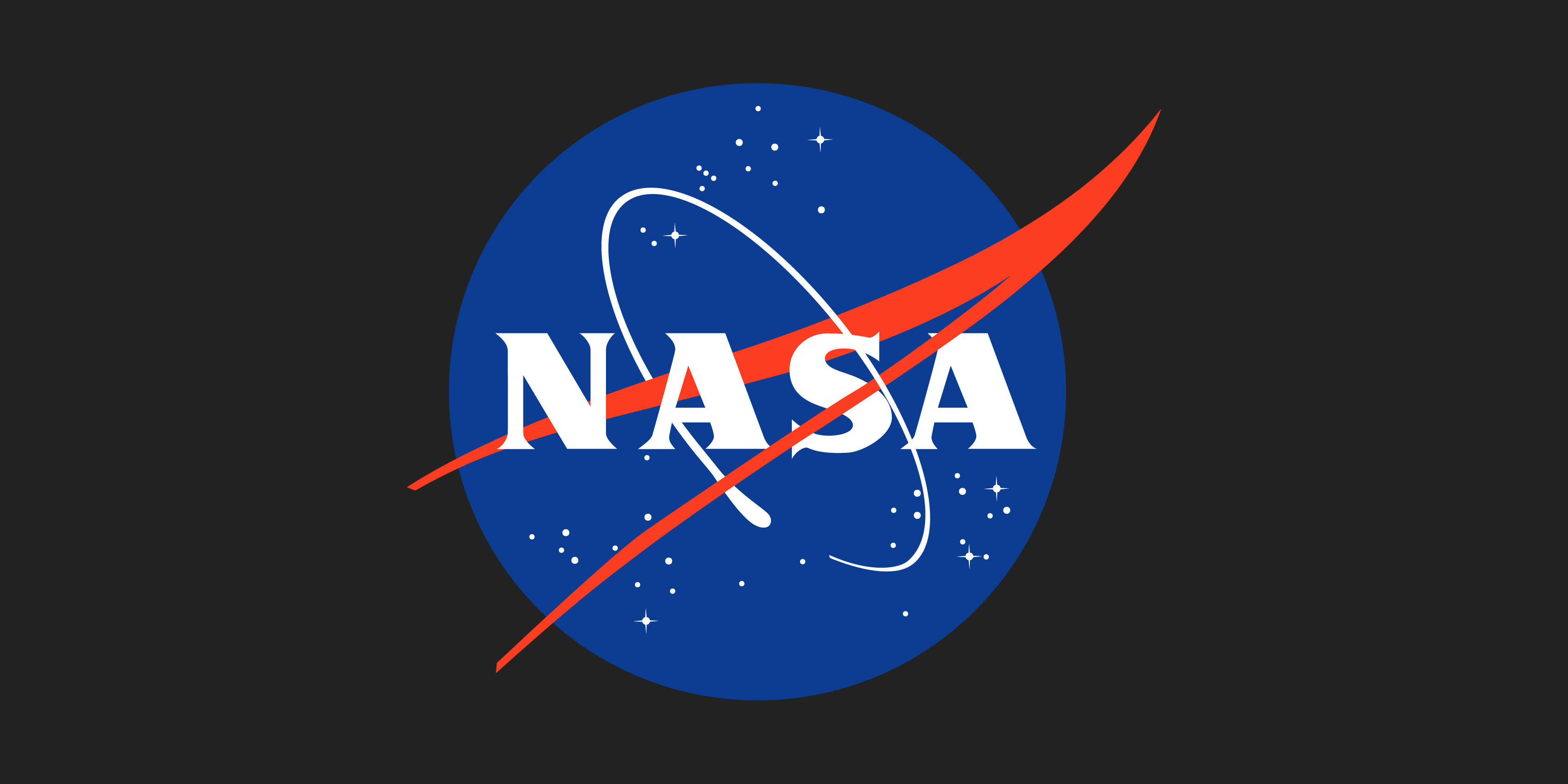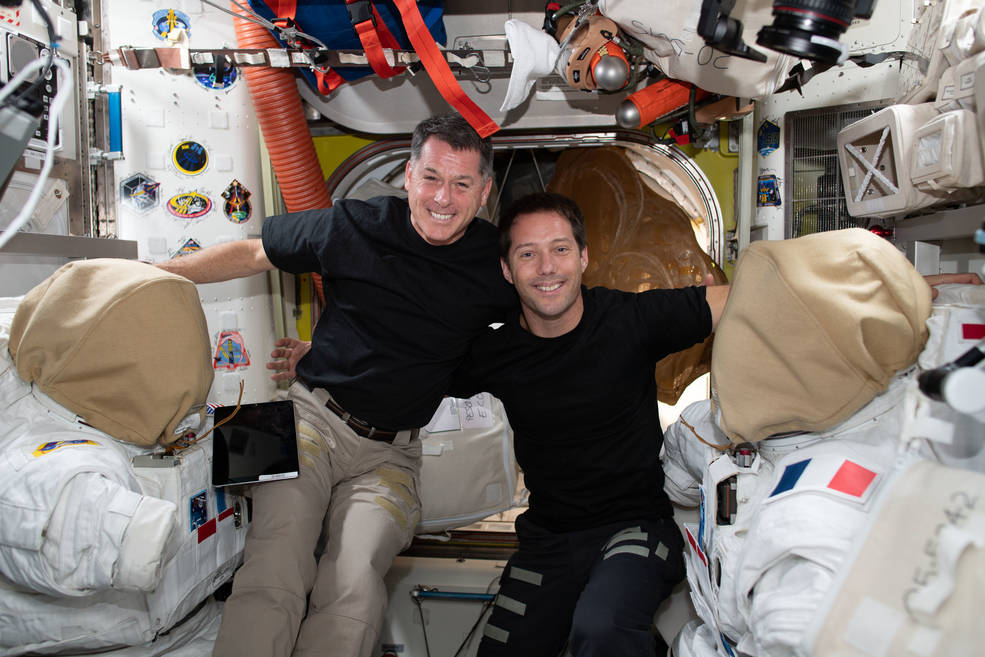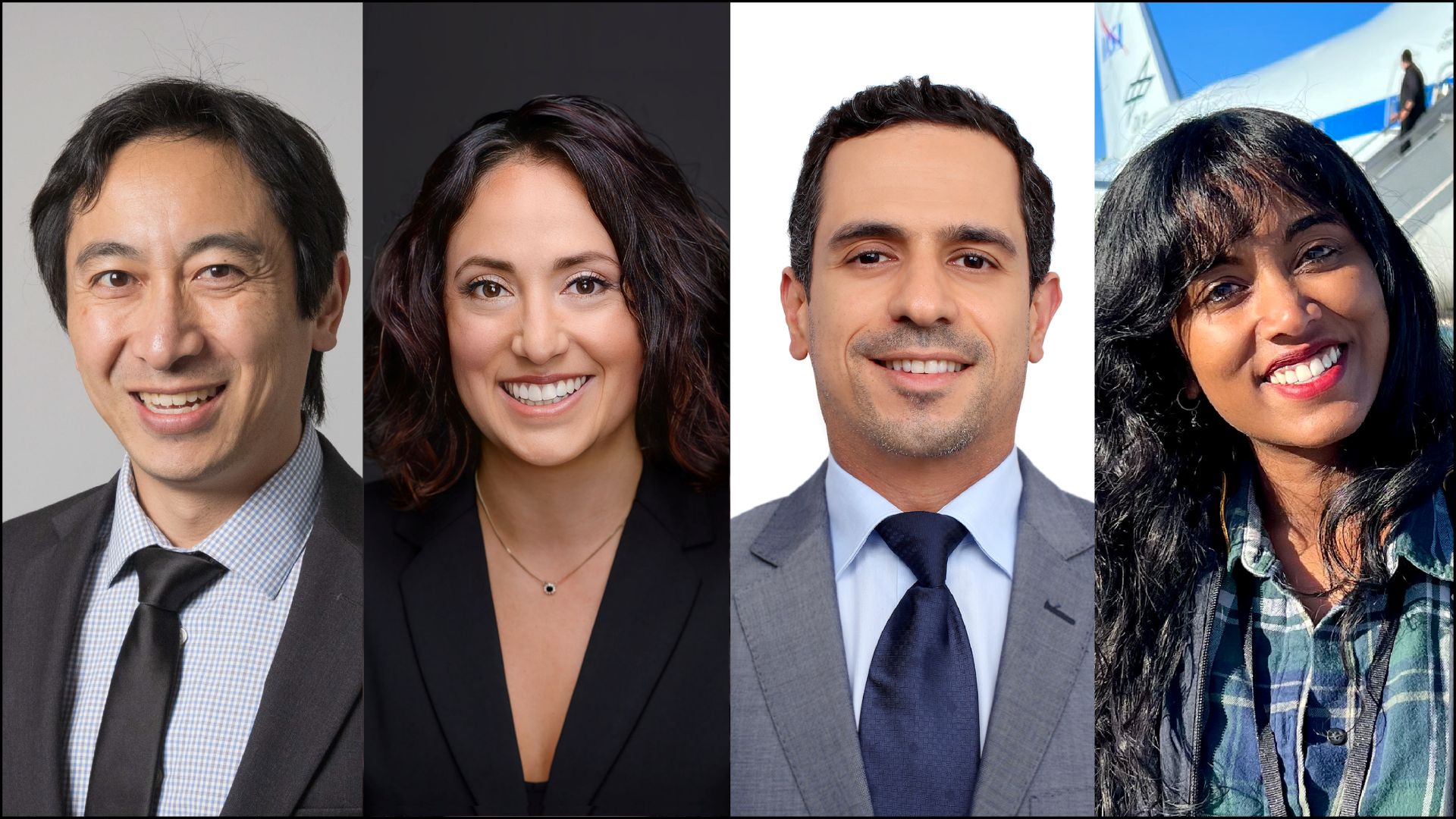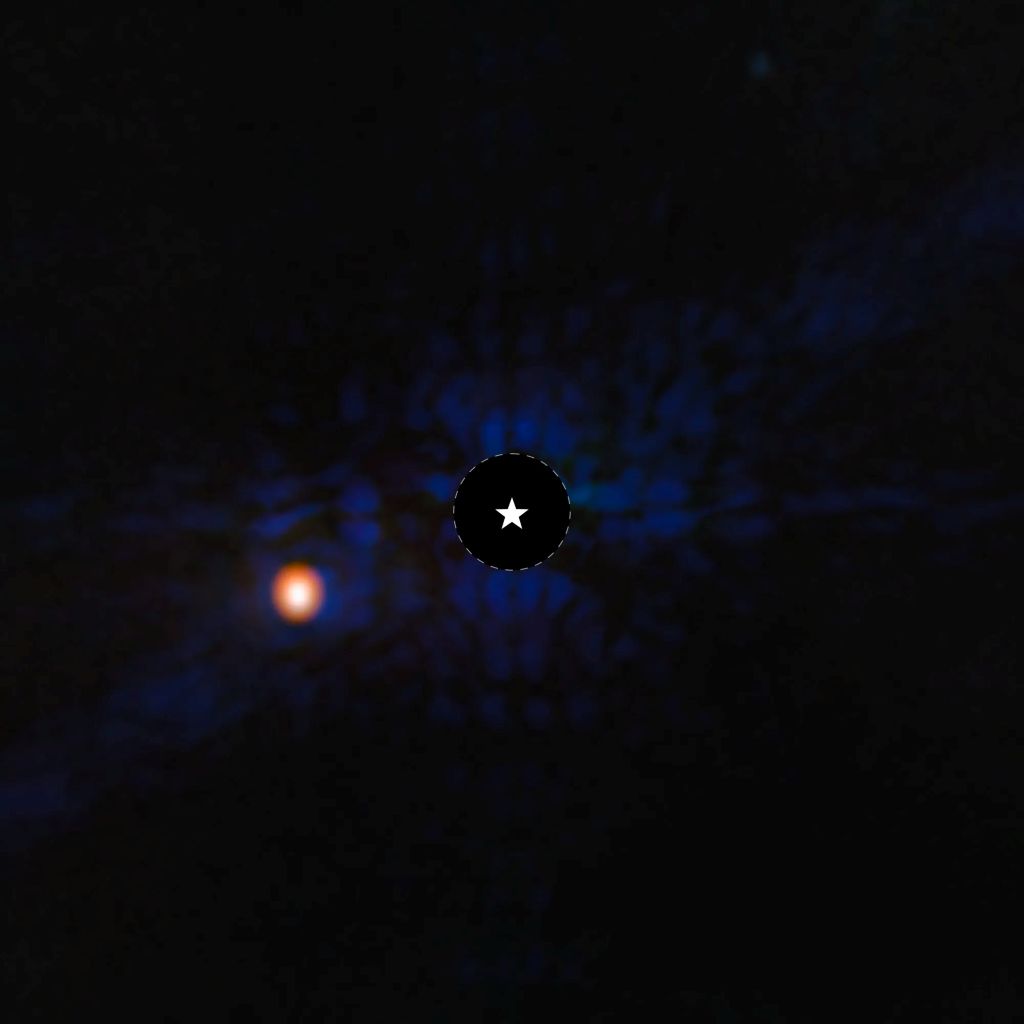Weld-ASSIST: Weldability Assessment for In-Space Conditions using a Digital Twin

Azadeh Haghighi
University of Illinois, Chicago
In-space manufacturing and assembly are vital to NASA’s long-term exploration goals, especially for the Moon and Mars missions. Deploying welding technology in space enables the assembly and repair of structures, reducing logistical burdens and supply needs from Earth. The unique challenges and extreme conditions of space–high thermal variations, microgravity, and vacuum–require advanced welding techniques and computational tools to ensure reliability, repeatability, safety, and structural integrity in one-shot weld scenarios. For the first time, this project investigates these challenges by focusing on three key factors: (1) Very low temperatures in space degrade the weldability of high thermal conductivity materials, like aluminum alloys, making it harder to achieve strong, defect-free welds. (2) The extreme vacuum in space lowers the boiling points of alloying elements, altering the keyhole geometry during welding. This selective vaporization changes the weld’s final chemical composition, affecting its microstructure and properties. (3) Microgravity nearly eliminates buoyancy-driven flow of liquid metal inside the molten pool, preventing gas bubbles from escaping, which leads to porosity and defects in the welds. By examining these critical factors using multi-scale multi-physics models integrated with physics-informed machine learning, and forward/inverse uncertainty quantification techniques, this project provides the first-ever real-time digital twin platform to evaluate welding processes under extreme space/lunar conditions. The models are validated through Earth-based experiments, parabolic flight tests, and publicly available data from different databases and agencies worldwide. Moreover, the established models will facilitate extendibility to support in-situ resource utilization on the Moon, including construction and repair using locally sourced materials like regolith. The established fundamental scientific knowledge will minimize trial-and-error, enable high-quality one-shot welds in space, and reduce the need for reworks, significantly reducing the costs and time needed for space missions.




